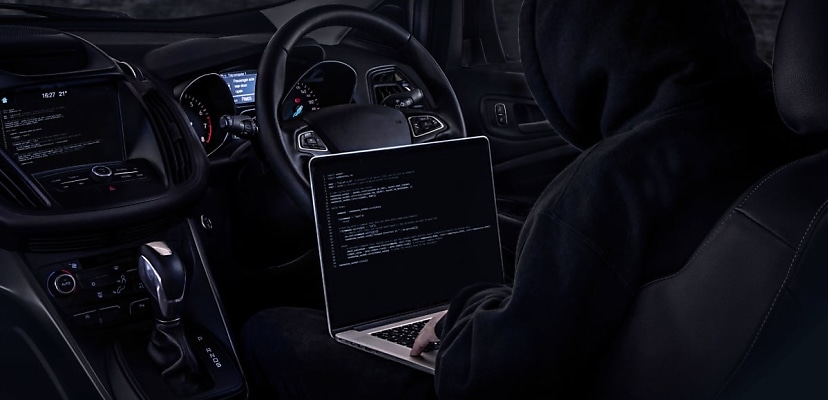Share this article on:
Powered by MOMENTUMMEDIA
Breaking news and updates daily.
Major manufacturer of car and vehicle audio Clarion has reportedly been hacked by the prolific ALPHV hacking group, also known as BlackCat.

The company manufactures audio and video equipment for cars and other vehicles, with products in their range including audio and video systems, car navigation and rearview cameras, as well as car repair and maintenance.
With over 10,000 employees, the company provides these products and services to a range of car manufacturers including Suzuki, Toyota, Subaru, Ford, Volkswagen, Proton, and Peugeot.
ALPHV, the Russian-backed group whose name has earned quite a reputation for its attacks on HWL Ebsworth, TissuPath, and most recently, MGM Casinos, listed Clarion on its dark web leak site, slamming the company for its poor security.
“Clarion is the most dangerous electronics to use that can cause you to be hacked,” it said.
“Clarion was hacked and leaked confidential data about their business and their partners. This included leaking the engineering information of the company’s customers.
“In 2 days, the data will be transferred to interested parties and partially posted in the public domain.
“Clarion is a company that will never protect your data, trusting it with any developments you risk losing your data and reputation.”
Posting some screenshots as proof, the group claims to have stolen customer data from Clarion on 23 September and has set a deadline of 25 September before it plans to sell the data to “interested parties”.
Being a ransomware group, it can be assumed that ALPHV has reached out to Clarion demanding a ransom payment in exchange for the release, decryption, and deletion of stolen data. At this stage, there is no conclusive evidence of communications between the threat group and Clarion.
ALPHV has earned itself the title of one of the most notorious threat groups in the last few years, being behind major attacks such as the HWL Ebsworth cyber attack that rocked a massive number of Australian companies and government agencies.
Victims of the attack include the big four banks, the state governments of Tasmania, Victoria and Queensland, 65 government agencies, the Fair Work Ombudsman, and the Office of the Australian Information commissioner.
Following his appointment in July, Australia’s first National Cyber Security Coordinator, Air Marshall Darren Goldie, made it his priority to analyse the impact of the HWL Ebsworth attack.
“My first order of business as national cyber security coordinator was to seek briefings from the Department of Home Affairs and HWL Ebsworth on the status of the response to the cyber incident,” he said.
Goldie has since concluded the formal response to the incident.
“I have determined we have reached an appropriate juncture to conclude the formal coordinated Australian government response to this cyber incident, with HWL Ebsworth now able to manage its response without formal assistance from the Australian government.”

Be the first to hear the latest developments in the cyber industry.